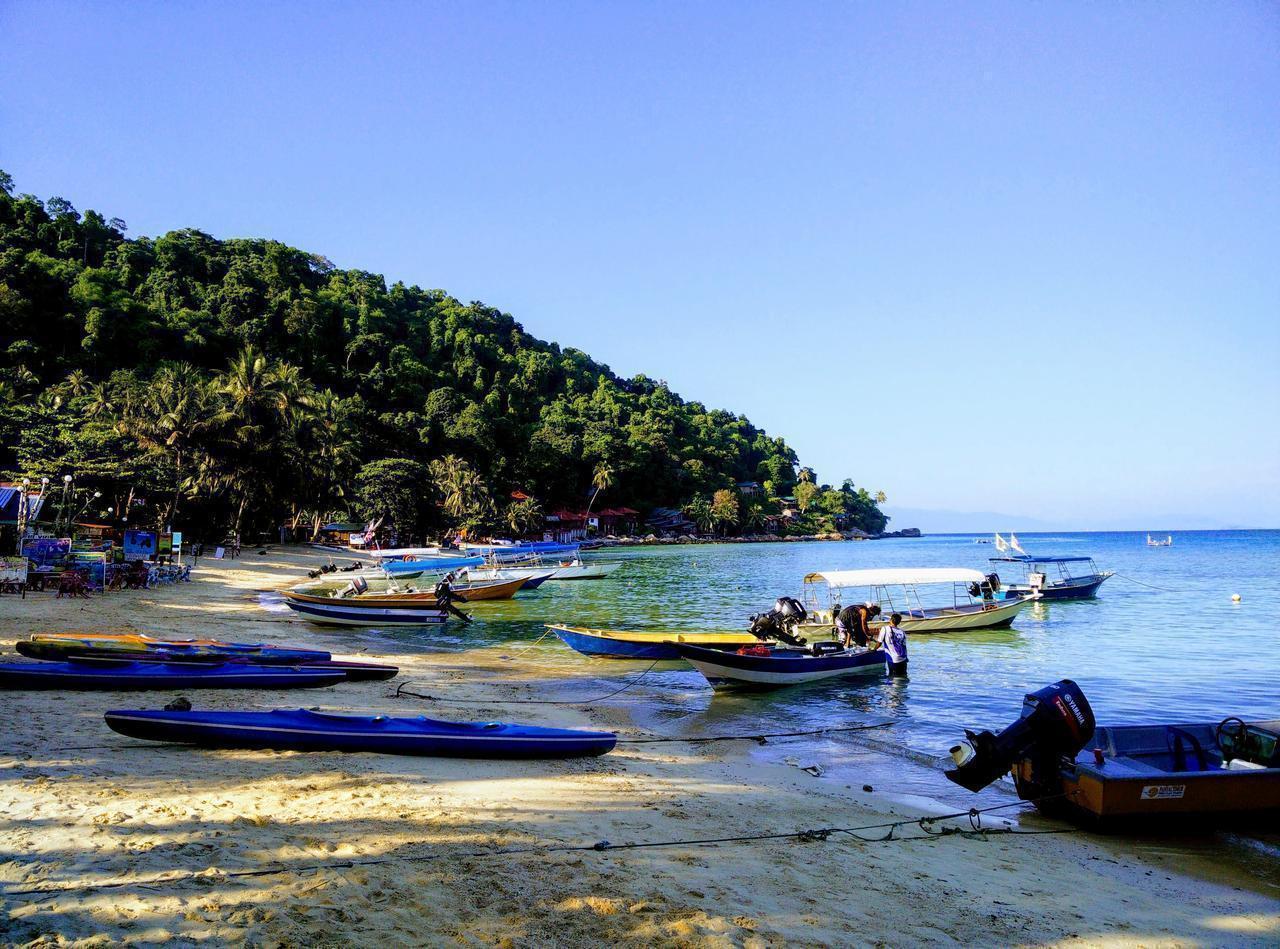This article is coming from a place of privilege. The privilege of saving money to take a break, the privilege of having freedom of movement, the privilege of having the time and independence, and a few others.
Still, if you can make it work in any way:
Take an Extended Break
There's nothing like a break between stages of life.
Here are some examples, how they impacted my well-being positively.
Studying is Stressful
My biggest regret between receiving my Bachelor's degree and starting my Master's courses was not taking a break.
Could I have saved my mental health and avoided mid-study burnout? Probably.
But I was under the impression that you will only have a career if you stay on the grind. Do your BSc in 3 years. Do your MSc in 2 years. Find a job and avoid having to explain any gaps in your CV. Want to become a professor? Finish your outstanding PhD in 4 years instead.
I did a few internships during my Master's, and they lead me to Norway and England. They led me abroad, not for the first time, but rekindled my taste for adventure and experiencing other cultures. Getting outside of my comfort zone even!
During my Master's thesis, my partner left to backpack in New Zealand for a year. Now, I'm not someone that has kiwi money. The flights from then Germany are a grand alone, then you need a mode of transport and the means to support yourself in a country with a minimum wage of $15. Pile on top costs for a visa and insurance, and this sort of trip grew out of reach very quickly.
However, her flight stopped over in Kuala Lumpur. While it took a little convincing from my side, we met up in Malaysia to travel around the country.
Backpacking for Two Months in Malaysia

I had all the time in the world. My degree would have set me up for a career in oil & gas. I graduated in 2015, after a drop of the crude oil price from over \(100 to \)40. The company I did my internship in let go of 30,000 people alone. I had time.
Malaysia was ✨incredible✨.
I still dream about the food. The people were lovely, despite me being a terrible tourist who only speaks English. The nature was so diverse, and I even went on hikes (also incredible).
I learnt Scuba diving.
I went caving in incredible caves. I also fell and went to what I can only describe as a jungle hospital. Malaysia has fantastic healthcare, by the way.
I saw the most incredible beaches and visited mountains where tea grows.
I had Kofi out of a plastic bag with a straw. I had that often.
I had street food. Every day it was possible. I miss Roti.
I will never forget this time.
Studying is Still Stressful
During my PhD. I had an incredible time, but it's a lot of pressure. I was granted a lot of freedom, and I appreciate the time.
It's not just about travel, though, during my PhD. I travelled more and further than ever before but primarily study and work-related.
Those were nice changes of scenery.
But you haven't seen a flock of PhD students until you have seen them sit with their laptops, warming around the low radiation of the hotel lobby Wifi, trying to edit last-minute presentations, paper revisions, and emails to their advisors at 1 am.
We could've probably all used a lesson in boundaries.
I started planning for time off after my PhD, saving up, and this is probably not a surprise, but it's effortless for a Millennial to not find a job. So I used that superpower.
An Actual Vacation
My friend started his PhD with fieldwork and was going to land in Cape Town, South Africa. So naturally, in a fit of whimsy, my other friend and I booked flights to Cape Town.
We picked up our friend and decompressed for a few weeks.
We had Brain and fantastic South African wine. Local fruit and veggies.
We swam with wild penguins and saw not so wild elephants. They were majestic, though.
We watched the Cape bike race and cheered for all the people fighting through the climb in front of our Airbnb.
We enjoyed the most amazing meal in Cafe Africa.
This vacation ended in March 2020.
It was the last time I left the city, not even the country in 14 months.
The Case for Extended Breaks
If you can afford it, this time between gigs is free. You don't have to calculate if you have PTO, nor do you have to get permission.
Mental health days are lovely, but there is nothing like being able to switch off for a bit.
These two examples were quite different breaks. They were also relatively long breaks.
No interviewer has ever asked me about these breaks in my CV.
The memories formed in that time have, in part, gotten me through this pandemic.
Imagining myself old, looking back on my life, I can't imagine saying, "Oh, I'm glad I worked two months more" rather than "I'm so glad I travelled through Malaysia for two months".
I experienced immediate and long-term benefits from these extended breaks.
I hope you can experience these too.
